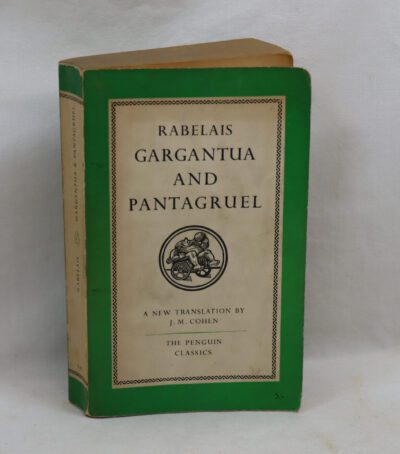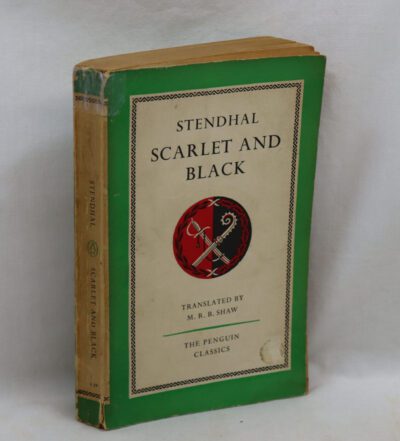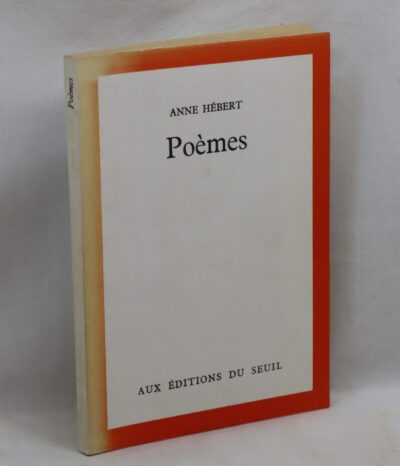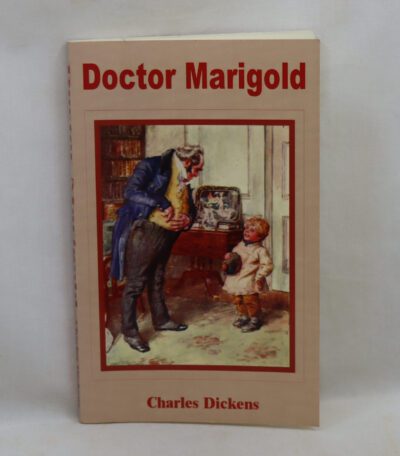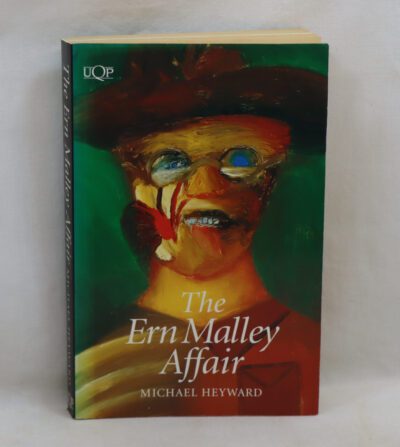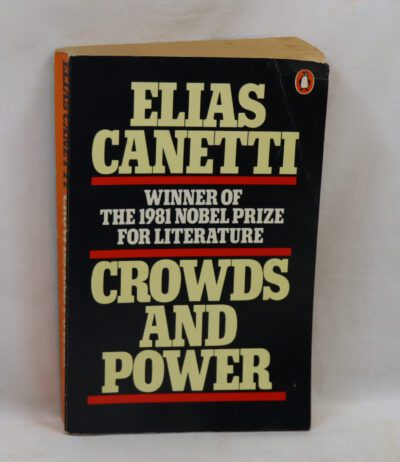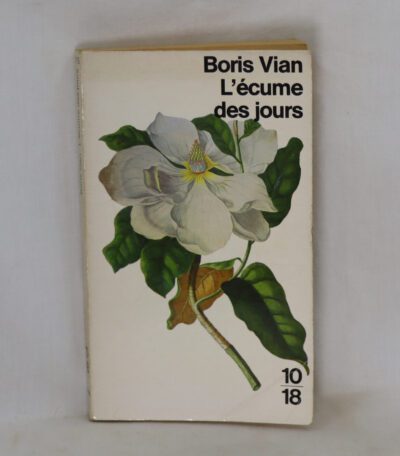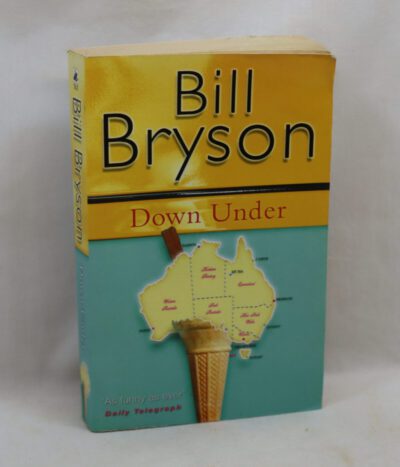The Photographer of the Lost.
By Caroline Scott
ISBN: 9781471183126
Printed: 2019
Publisher: Simon & Schuster. London
Edition: First edition
| Dimensions | 17 × 24 × 4.5 cm |
|---|---|
| Language |
Language: English
Size (cminches): 17 x 24 x 4.5
Condition: Fine (See explanation of ratings)
Item information
Description
In the original dustsheet. Red cloth binding with black title on the spine.
F.B.A. provides an in-depth photographic presentation of this item to stimulate your feeling and touch. More traditional book descriptions are immediately available.
‘This excellent debut is a melancholic reminder of the rippling after-effects of war’ The Times
‘A touching novel of love and loss’ Sunday Times
For fans of The Tattooist of Auschwitz and Where The Crawdads Sing comes a moving story, inspired by real events, about how hope and love will prevail against all odds.
1921 – In the aftermath of war, everyone is searching for answers.
Edie’s husband Francis never came home and was declared ‘missing, believed killed’. But when she receives a mysterious photograph of him in the post, hope flares and she begins to search.
Harry photographs gravesites on the Western Front, hired by grieving families. Plagued by memories of his last conversation with Francis, he has never stopped searching for his brother.
After years apart, their search brings them together. As they uncover the truth they are haunted by the past and their own complex feelings – towards Francis, and towards each other.
Are some questions better left unanswered?
Perfect for fans of Maggie O’Farrell and Helen Dunmore, The Photographer of the Lost is a beautiful novel, inspired by real events in the wake of the First World War, about love and loss, grief and guilt, and the fleeting, fragile moments of life.
Praise for The Photographer of the Lost:
‘There’s only one word for this novel… and that’s epic… A beautifully written must-read’ heat
‘A gripping, devastating novel about the lost and the ones they left behind’ Sarra Manning, RED
‘Terrific first novel’ Daily Mail
‘Scott has done an amazing job of drawing on real stories to craft a powerful novel’ Good Housekeeping
‘A deeply poignant and immersive novel . . . told in beautiful, elevated prose. I was completely caught up in these characters’ stories’ Rachel Hore
‘What a wonderful debut novel . . . With a mystery at its heart and a moving, but page turning hook, I couldn’t stop reading’ Lorna Cook
‘A sublimely rendered portrait of the search for answers amidst the chaos and devastation left behind in the aftermath of World War 1’ Fiona Valpy
‘A poignant hymn to those who gave up their lives for their country and to those who were left behind’ Fanny Blake
‘I was utterly captivated by this novel, which swept me away, broke my heart, then shone wonderful light through all the pieces’ Isabelle Broom
‘Beautiful, unflinching: The Photographer of the Lost is going to be on an awful lot of Best Books of the Year lists, mine included… unforgettable’ Iona Grey
‘Momentous, revelatory and astonishing historical fiction!’ Historical Novel Society
Caroline Scott: My four great-grandfathers all served on the Western Front, and I grew up in a house full of polished-up shell cases and silk postcards. In my childhood, the First World War seemed to be the answer to so many questions about our family history. By the time I was a teenager, I was dragging my poor long-suffering parents around former battlefields and collecting photographs and letters. I can’t remember a time when I wasn’t interested in this subject.
As a history PhD student, I adored research; it always seemed such a privilege to be allowed into archives, and behind the scenes in museums, and to have that sense of direct contact with the past. Centuries collapse when you unroll a scroll that no-one else has handled for decades, when you breathe it in, and focus in on the character expressed in the handwriting, and there’s a real immediate sense of communing with an individual from another time.
I became a commercial researcher after university, but history remained my out-of-hours passion through those years—and, while I worked in Belgium and France, I had the chance to pursue my interest in the First World War. I have a particular fascination with the experience of women during this period, in the difficulties faced by the returning soldier, and in the development of tourism and pilgrimage in the former conflict zones.
In 2019, I shifted from researching history to writing historical fiction. I’ve found that I enjoy exploring the past through sending characters on journeys—the opportunity that it gives you to walk around in someone else’s shoes (as it were) and the exciting challenge of really trying to breathe the air of another era. It’s the period immediately after the First World War that especially draws me in; time and again, my writing returns to this strange time of dislocation, the physical and psychological upheaval, the processing of memory and experience, and the task of getting back to something that might be called normal.
This is a story that so many of us share. As much as the shadow of the First World War fell across my family, so it lengthened across thousands of doorsteps. That’s why, as a nation, we keep on going back there. We all have those photographs in our family albums. Don’t we? Those stories. Those silences. Those questions.
Want to know more about this item?

Share this Page with a friend


